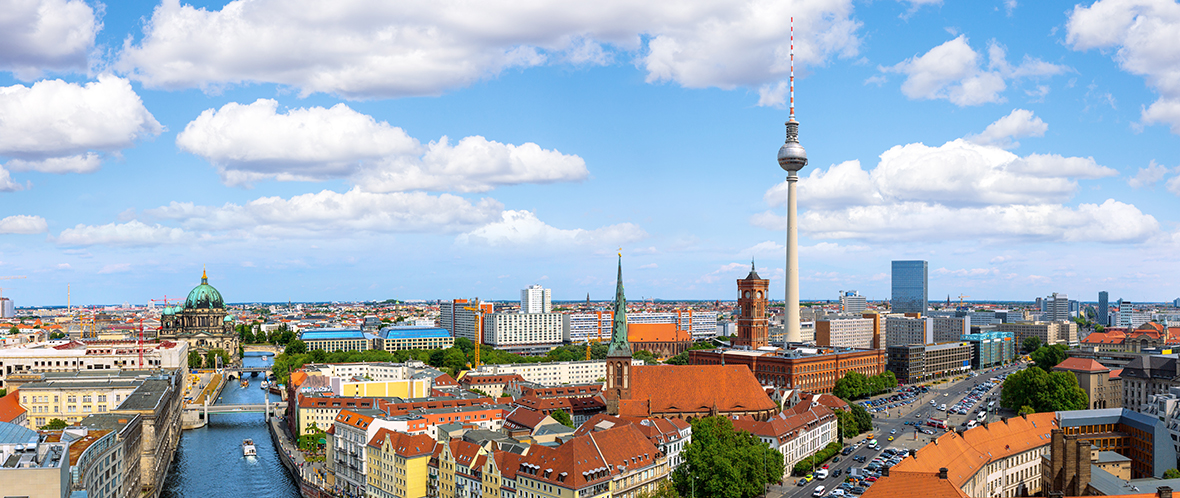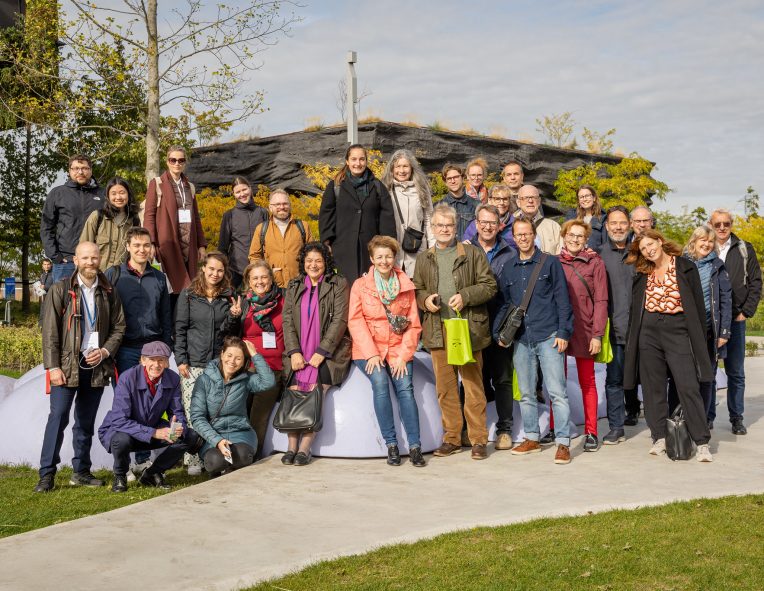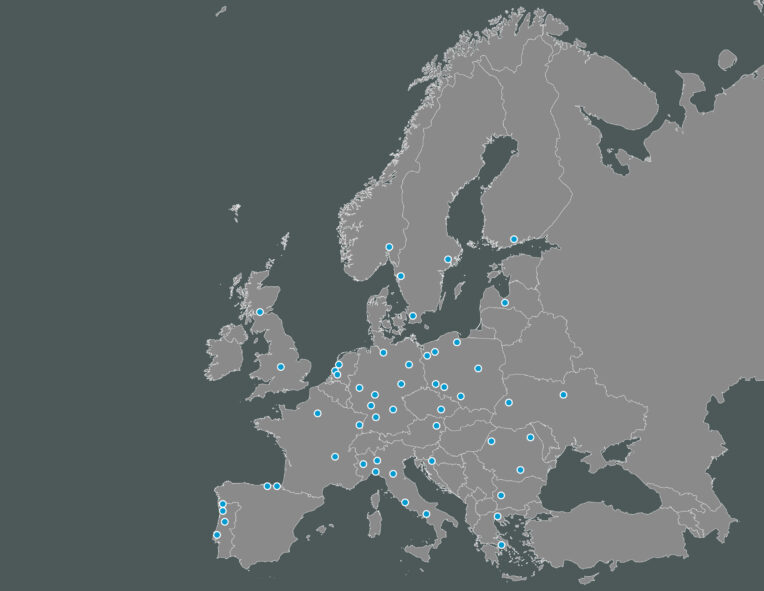METREX partners with this forthcoming event in response to our contributions to the revisions of the Leipzig Charter.
2020 will be an exciting year for towns, cities and regions in Europe. It holds the opportunity to influence an important strategic course in the field of European urban development policy. The regulations governing the EU Structural Funds for the next seven years will be approved, most probably highlighting the important role and power cities have for just, productive and green living conditions in the European Union. Further, Germany holds the EU Council Presidency from July to December. Together with the European Ministers responsible for urban matters, it will adopt the New Leipzig Charter at the end of 2020.
Against this background, the German Federal Ministry of the Interior, Building and Community as well as the German Association for Housing, Urban and Spatial Development invite municipalities, city practitioners and urban experts from all over Europe to discuss current and future approaches for a successful integrated urban development:
- How can the principles of the New Leipzig Charter contribute to coping with the enormous transformation challenges cities are facing due to climate change, digitalisation, social fragmentation and globalisation?
- What can we learn from front-runner cities and good practice examples from all over Europe? What is the key to success when it comes to knowledge transfer and cooperation?
- Why are good urban governance and placed-based solutions so important? And how can actions on different spatial levels, like neighbourhood regeneration, overall city strategies and city-regional cooperation, better relate to each other?
The event highlights European cities and regions that improve our daily lives on a small scale but also combat climate change and to deal with structural changes in our globalized world: They realise the much-needed transformation through integrated urban development, a placebased, multi-level and participatory approach and a focus on the common good. The conference calls for better multi-level coordination between different spatial levels and actors. High ranking politicians from the EU and national level, urban practitioners and scientists will discuss what our future cities should look like: How can they make better use of their transformative power? How should they be governed and what can they learn from each other?
As the number of participants is limited, we advise you to pre-register as soon as possible for the free event under the following link: https://eveeno.com/Cities-Fit-For-Future



